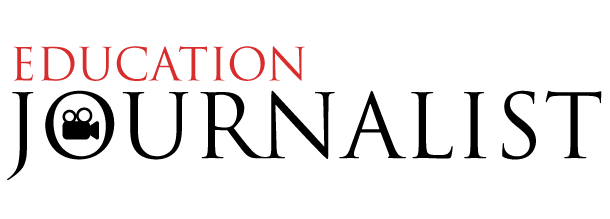Dealing with irritant parents can be a challenging aspect of running an educational institute, but with effective strategies in place, institutes can navigate these situations while maintaining a positive and constructive environment for all stakeholders. By understanding the concerns and frustrations of irritant parents and implementing proactive approaches, educational institutes can foster healthy relationships and promote a culture of mutual respect and collaboration. Let’s explore some key strategies for educational institutes to effectively manage irritant parents, dealing with challenging parents in education navigating.
- Unlocking Diversity through Play: The Power of Multicultural Toys for Kids
- Competitive Parenting Recognizing the Signs and Its Impact on Your Child
Active Listening and Empathy:
When faced with concerns or complaints from irritant parents, it’s essential for educational institutes to practice active listening and demonstrate empathy. Take the time to listen to parents’ perspectives, validate their feelings, and show understanding of their concerns. By acknowledging parents’ emotions and experiences, institutes can build trust and rapport, laying the groundwork for constructive dialogue and problem-solving.
Clear Communication and Transparency:
Open and transparent communication is key to addressing the concerns of irritant parents and fostering trust and confidence in the educational institute. Keep parents informed about important updates, policies, and decisions through clear and timely communication channels. Be transparent about the institute’s goals, priorities, and decision-making processes, allowing parents to feel involved and informed about their child’s education.
Establish Boundaries and Expectations:
Educational institutes should establish clear boundaries and expectations for parent-school interactions to maintain professionalism and respect. Clearly communicate the institute’s policies and procedures regarding parent communication, meetings, and involvement in school activities. Set realistic expectations for what the institute can and cannot accommodate, ensuring that boundaries are respected by all parties involved.
Provide Opportunities for Engagement:
Encourage positive parent involvement by providing opportunities for engagement and collaboration between parents and the educational community. Offer parent education workshops, volunteer opportunities, and advisory committees where parents can contribute their skills, insights, and perspectives. By involving parents in meaningful ways, institutes can foster a sense of ownership and partnership in their child’s education.
Seek Solutions Collaboratively:
When addressing concerns or conflicts with irritant parents, strive to find solutions collaboratively through open dialogue and problem-solving. Focus on finding common ground and working together towards mutually beneficial outcomes. Be proactive in addressing issues and implementing solutions that address parents’ concerns while aligning with the institute’s values and priorities.
Document Interactions and Follow-Up:
Keep detailed records of interactions with irritant parents, including emails, meetings, and phone calls, to ensure accountability and consistency in communication. Document any agreements, action plans, or follow-up steps discussed during interactions and follow through on commitments in a timely manner. Regularly follow up with parents to provide updates and ensure that concerns are being addressed satisfactorily.
Seek Support from Leadership and Resources:
In challenging situations involving irritant parents, educational institutes should seek support from school leadership, administrators, or external resources such as parent liaison officers or conflict resolution specialists. Collaborate with colleagues and stakeholders to develop strategies for managing difficult situations effectively and maintaining a positive school culture
In conclusion, managing irritant parents requires a proactive and empathetic approach that prioritizes communication, collaboration, and respect. By actively listening to parents’ concerns, communicating transparently, establishing clear boundaries, providing opportunities for engagement, seeking collaborative solutions, documenting interactions, and seeking support when needed, educational institutes can effectively navigate challenging situations and foster positive relationships with parents. By working together as partners in education, institutes and parents can create an environment that supports the success and well-being of all students.



